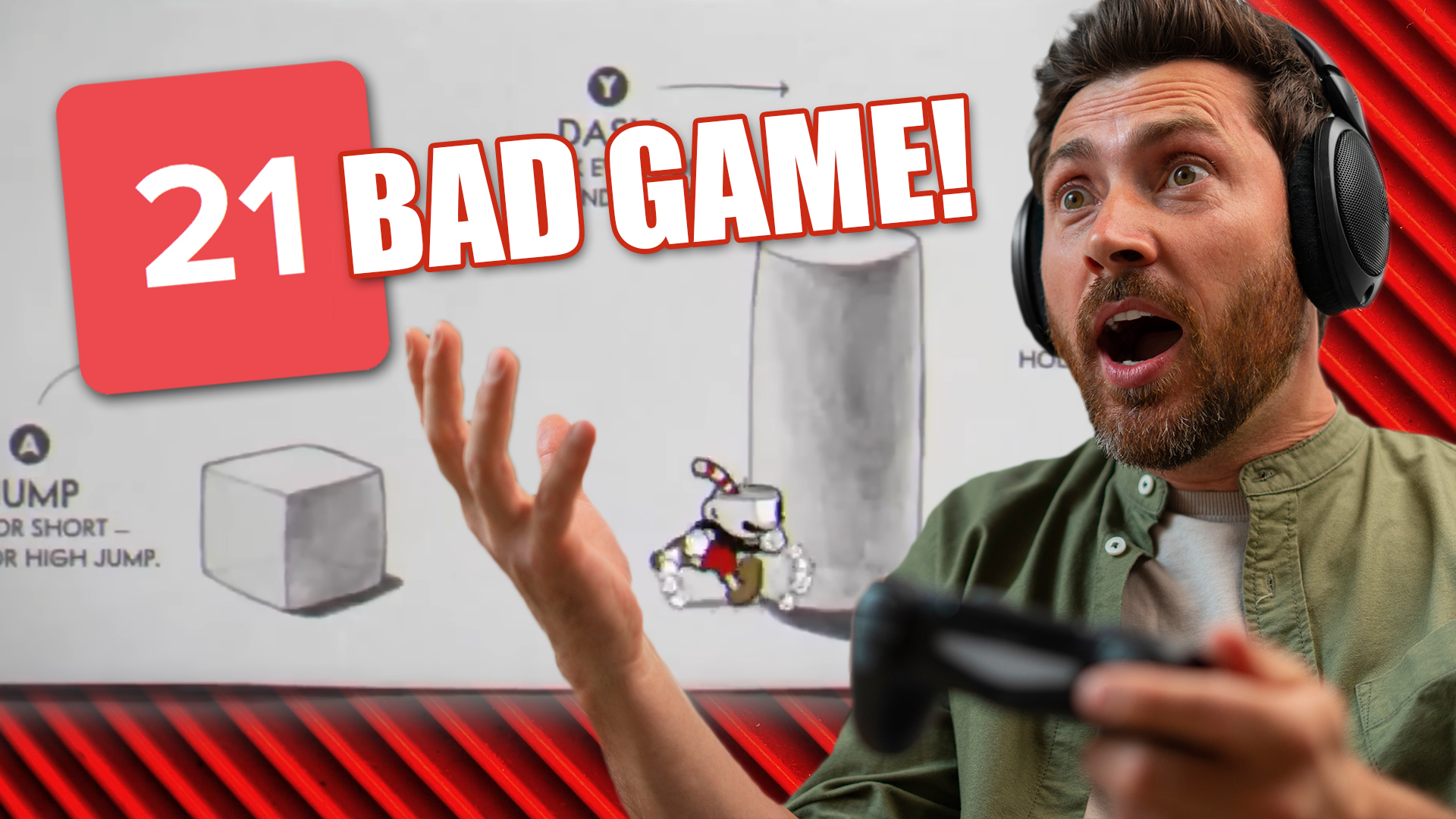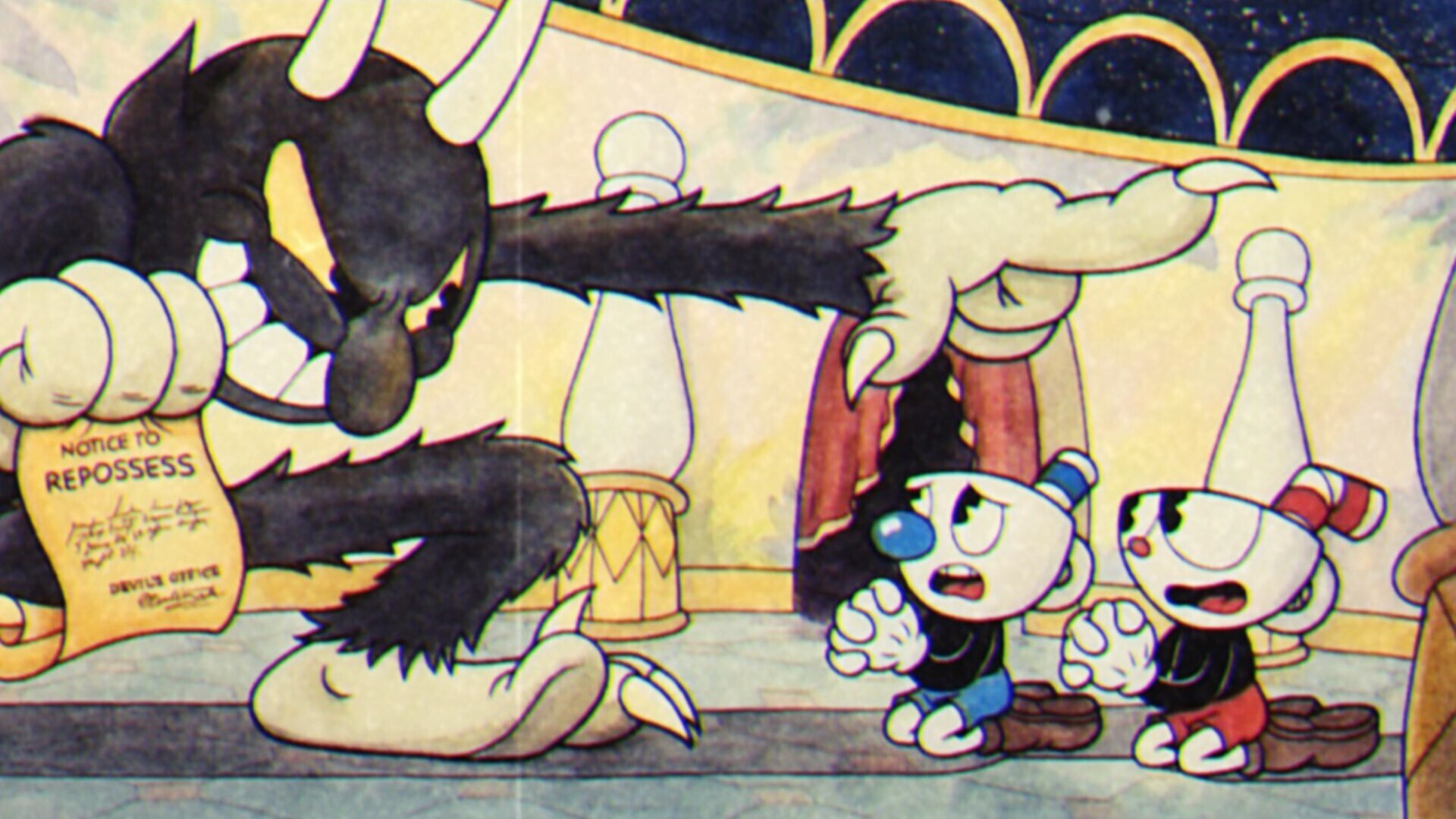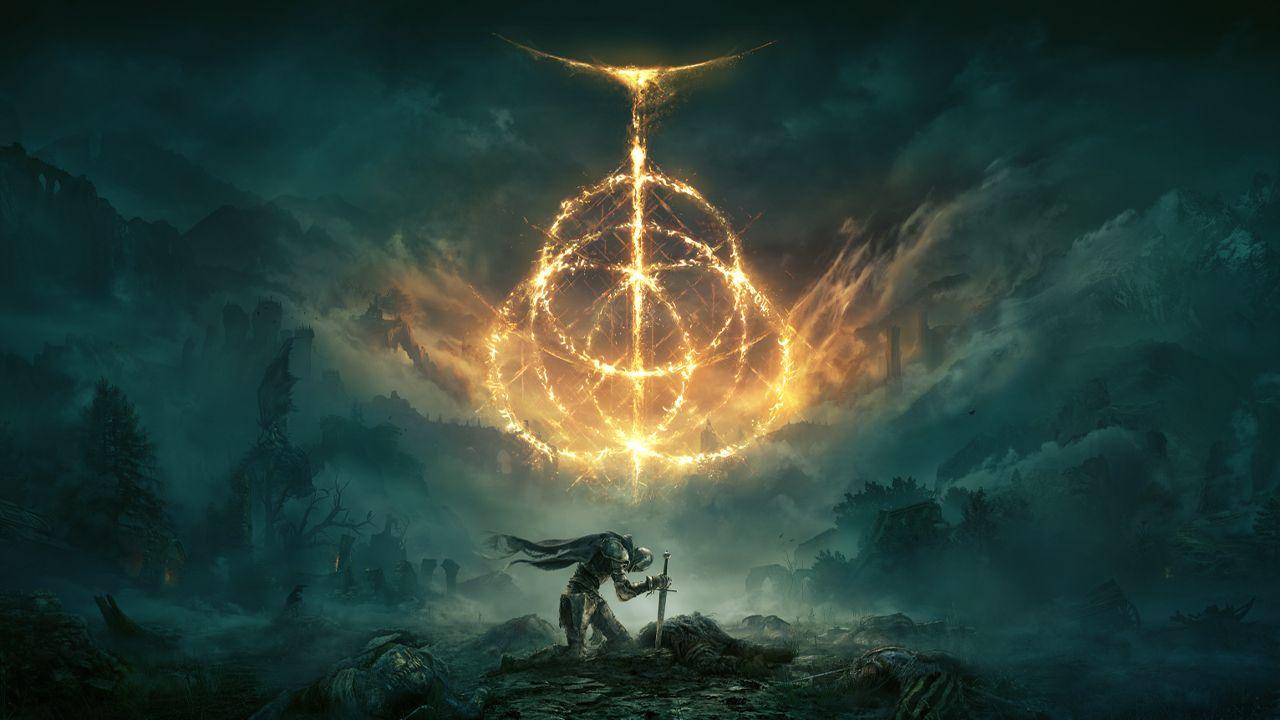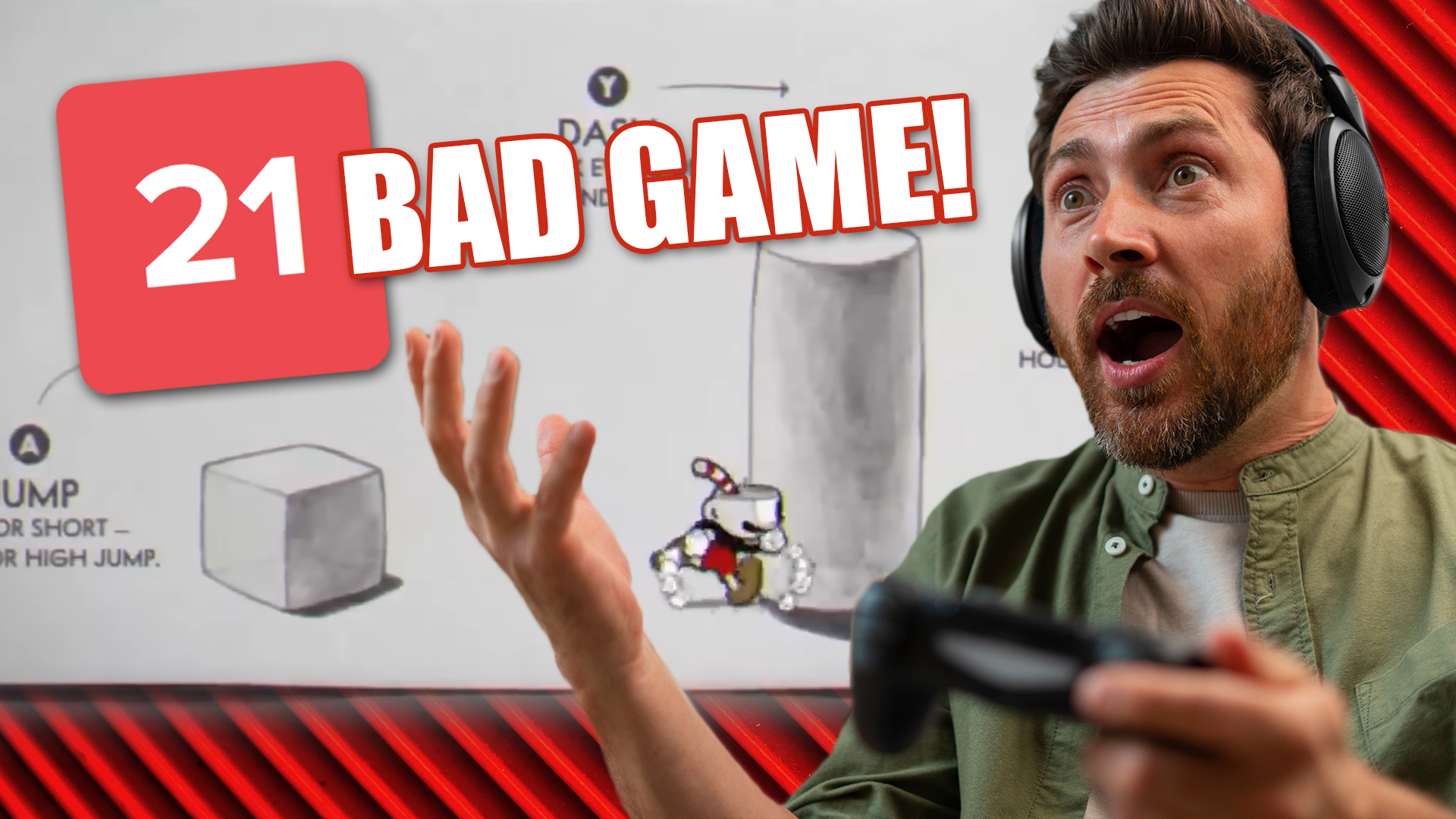It's a stereotype that every game journalist has to deal with at some point: They are bad at video games. But why does it seem to be like this?

Maybe this has happened to you before. A new game is released that is quite challenging, but you have a lot of fun playing it. While scrolling through the internet, you come across a review of that exact game.
You think to yourself, "Hey, I really enjoyed that! Let's see what this professional gaming journalist has to say about it." You take a look at the review, only to find out that the journalist criticizes the game, simply because they were not good at it.
For years, the stereotype of the games journalist who is bad at video games has persisted. But what is really behind this stereotype, and where does it come from?
Game Journalists Are Bad At Playing Video Games: Where Does The Stereotype Come From?
To answer the question, it's helpful to look at where the stereotype actually comes from. When delving into the topic, one name stands out: Dean Takahashi. Takahashi is an American business journalist who became controversially famous in the gaming community in 2017.

During Gamescom in Cologne, he had the opportunity to play a demo of Cuphead, with the gameplay later being published on YouTube. This video showcased his incredibly poor performance in the acclaimed platformer, as he struggled to complete the tutorial.
Players couldn't believe it. They saw a video of someone who seemed to be paid to play and review games, yet he was unable to complete the simplest tasks and appeared as if he had never held a gamepad in his hand before in his life.
But the story of Takahashi isn't quite that simple. As I already mentioned, he's not a traditional game journalist, but primarily focuses on business news. His colleague Jeff Grubb, who is a gaming editor for GamesBeat, later explained how the infamous Cuphead video came to be.
GamesBeat lead writer and reporter Dean Takahashi doesn't really play platformers or sidescrolling action games. He's bad at them. But since he was the only member of our staff in Germany during the time of Gamescom, he agreed to try it out for us. What would happen next would change all of our lives forever because no one knew Dean could be this bad.
Even Takahashi himself couldn't ignore his poor performance. After recording the video, he deemed it "unusable", but his colleagues found it so amusing that they didn't want to withhold it from the public. And the humorous spin is evident when looking at the accompanying article.
However, the damage was done. With that, Takahashi inadvertently cemented the poor reputation of video game journalists. Every time a review critizices a generally beloved game, the question arises: "Weren't they maybe just too bad to really get the game?"
Why Game Journalists Are Bad At Playing Video Games
By the way, I'm aware that it's somewhat meta for a game journalist to try to answer the question of why game journalists seemingly are bad at video games. But to be honest, it should be relatively easy for us to answer this question. Just like Takahashi knew why he was bad at Cuphead.
The truth is that most game journalists are not worse than most other gamers. The difference is, they present themselves publically.
When game journalists write a review for a new game, they often have only a few weeks or even days to play the game, often outside of their working hours. When you have behemoths like Elden Ring on your plate, it should be clear to everyone that it's impossible to discover everything that could be important for a review in just a few hours of gameplay.

Additionally, the first few hours of gameplay are often spent getting accustomed to the game, during which many mistakes are made, or game mechanics are not yet fully understood. However, the deadline for the review does not care about this.
So game journalists write their analysis based on parts of the game where many players initially struggle. It's hardly surprising that frustration may sometimes influence their reviews, especially when writing about hardcore games. This struggle is captured in their articles and videos, without any subsequent improvement in their gameplay being taken into account. And this impression remains with a large part of the audience forever, which can also be seen in Takahashi's example.
It should also not be forgotten that reviews are only one part of the work of game journalists, which somehow has to be accommodated in the rest of the day. They are not paid for playing games (as I mentioned earlier), but for writing about video games. Additionally, it's rare that there's only one title that needs to be reviewed. The already-limited time must therefore also be divided among different games with different focuses.
That leads to journalists sometimes taking on a game that they have hardly any connection to, as was the case with Takahashi. If I suddenly hand the bullet hell shoot 'em up Touhou to a passionate Dark Souls player, they will probably be dumbfounded at first, too.
All of this is certainly not an excuse for the fact that sometimes unqualified journalists unfairly criticize good games. However, that shouldn't really upset anyone because even though journalists are "professional gamers" in some sense, it doesn't automatically mean that their opinion is more valuable than that of other players. At the end of the day, every review is to some extent subjective, and if you enjoy a game, then nothing should stop you from having fun with it.
Certainly, you also may have some unpopular opinions about a game or series that is highly praised by many other people. And perhaps that's also because you can't understand the appeal of the game's difficulty. Does that make you a bad player? Hardly. You just focus on different aspects.
The ultimate answer to the question of why game journalists are bad at video games is therefore: "There is no answer, because most of them are not really bad; they just often are pressed for time and if they struggle, it is visible to everyone on the internet forever." Probably doesn't surprise you that this is my answer, as it comes from someone who's affected.
What do you think? Have you ever read an unfounded negative review of a game that was based on the journalist simply being bad? Tell us in the comments!






























